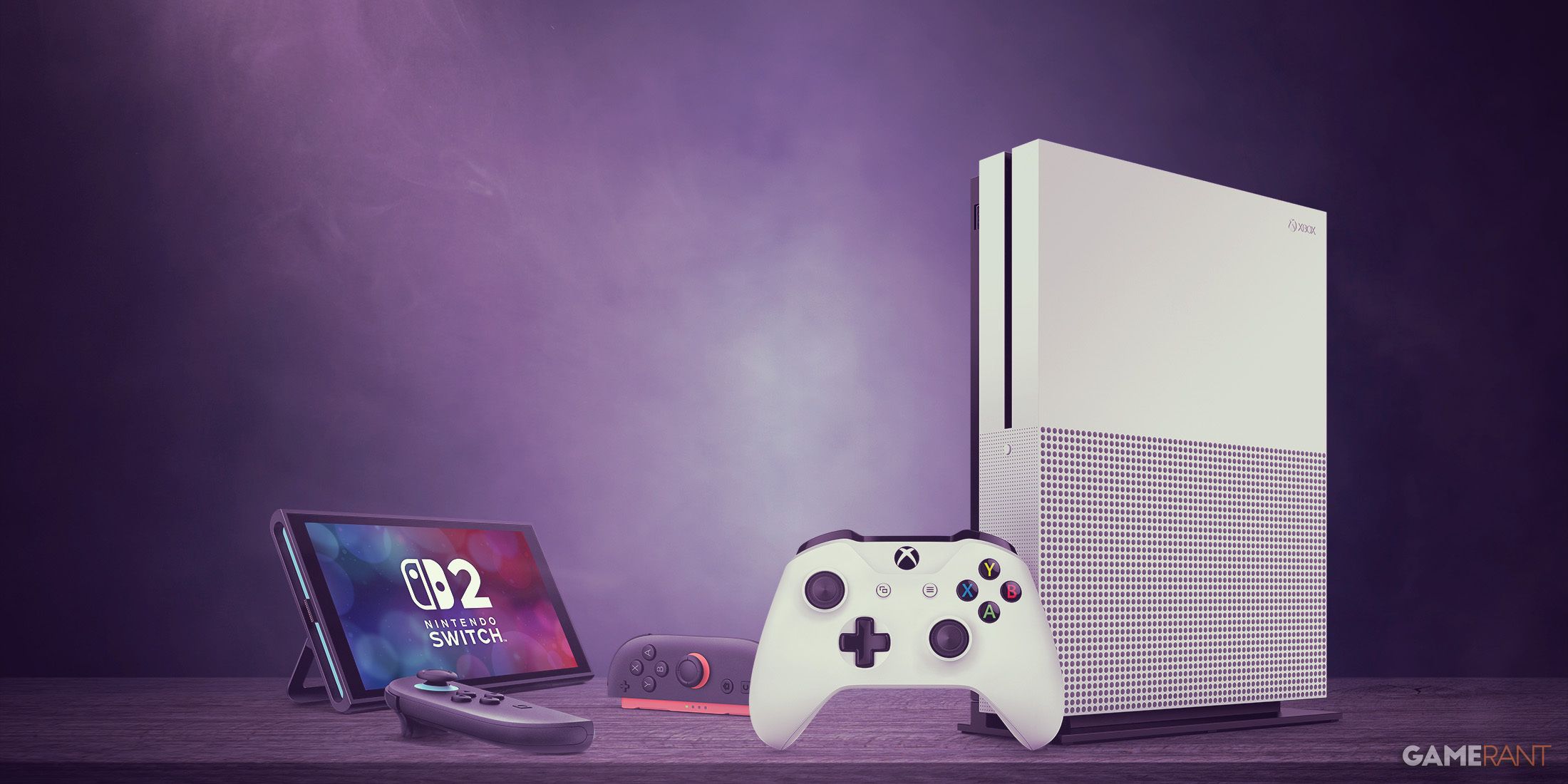
The details of the Nintendo Switch 2 were thoroughly unveiled in early April 2025, offering a more detailed glimpse into its main features and various third-party and first-party games set for release on the platform. Following the presentation, many spectators expressed optimism about the upcoming console, particularly regarding high-profile exclusives such as Donkey Kong Bananza and The Duskbloods. However, the enthusiasm generated by the event has been somewhat tempered by information disclosed after the presentation.
One issue causing concern about the Nintendo Switch 2 is its high price tag of $450. This makes it more expensive than both the PlayStation 5 Digital and the Xbox Series S, which offer similar performance and features, along with a larger selection of games. Furthermore, some questionable decisions have been made, such as charging $10 for the Nintendo Switch 2 Welcome Tour, essentially a promotional event showcasing the console’s capabilities. These unusual choices echo Microsoft’s unconventional strategies with the Xbox One in its early days, which negatively impacted sales.
Why People Think Nintendo Is Having Its ‘Xbox One Moment’
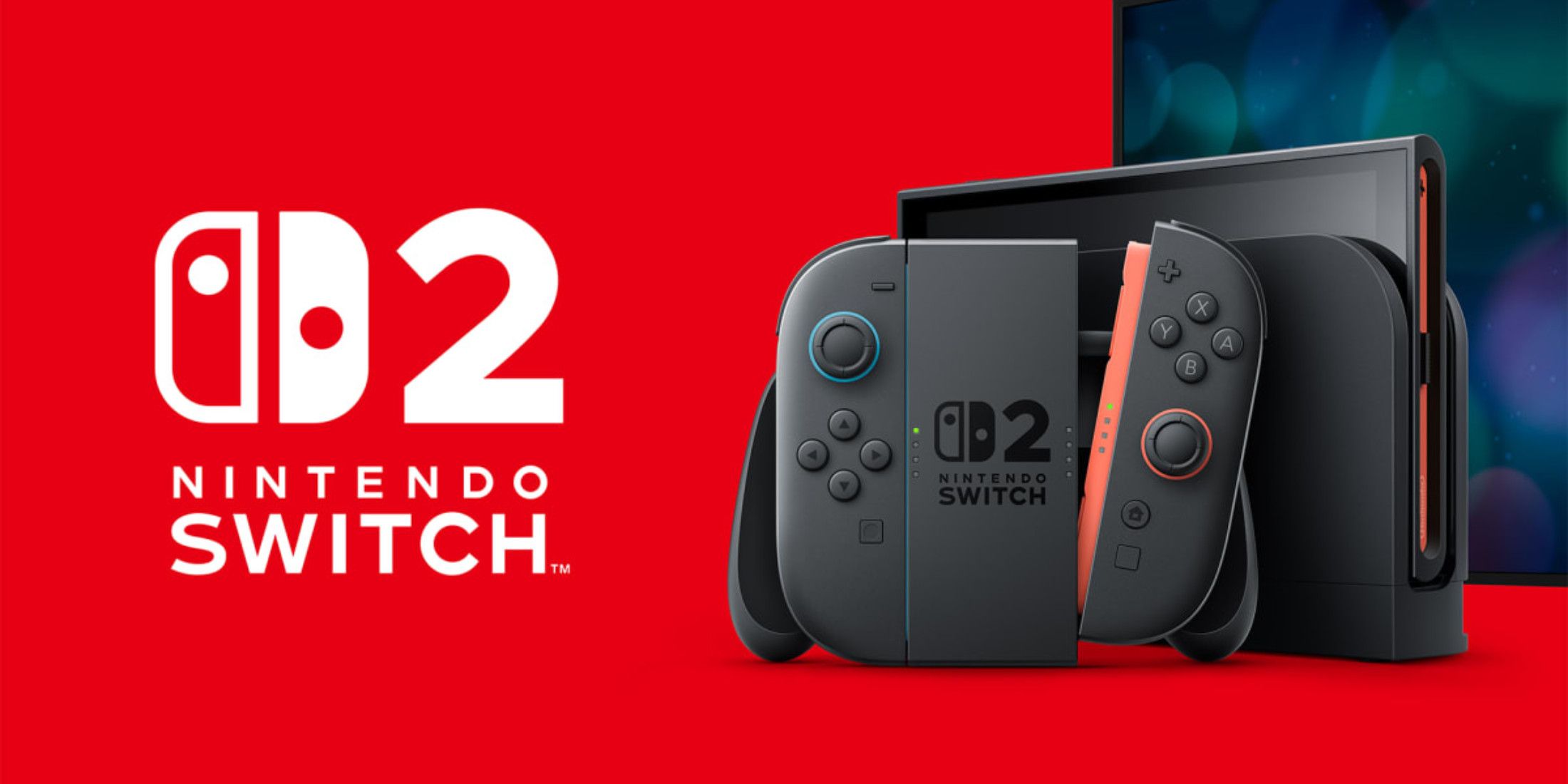
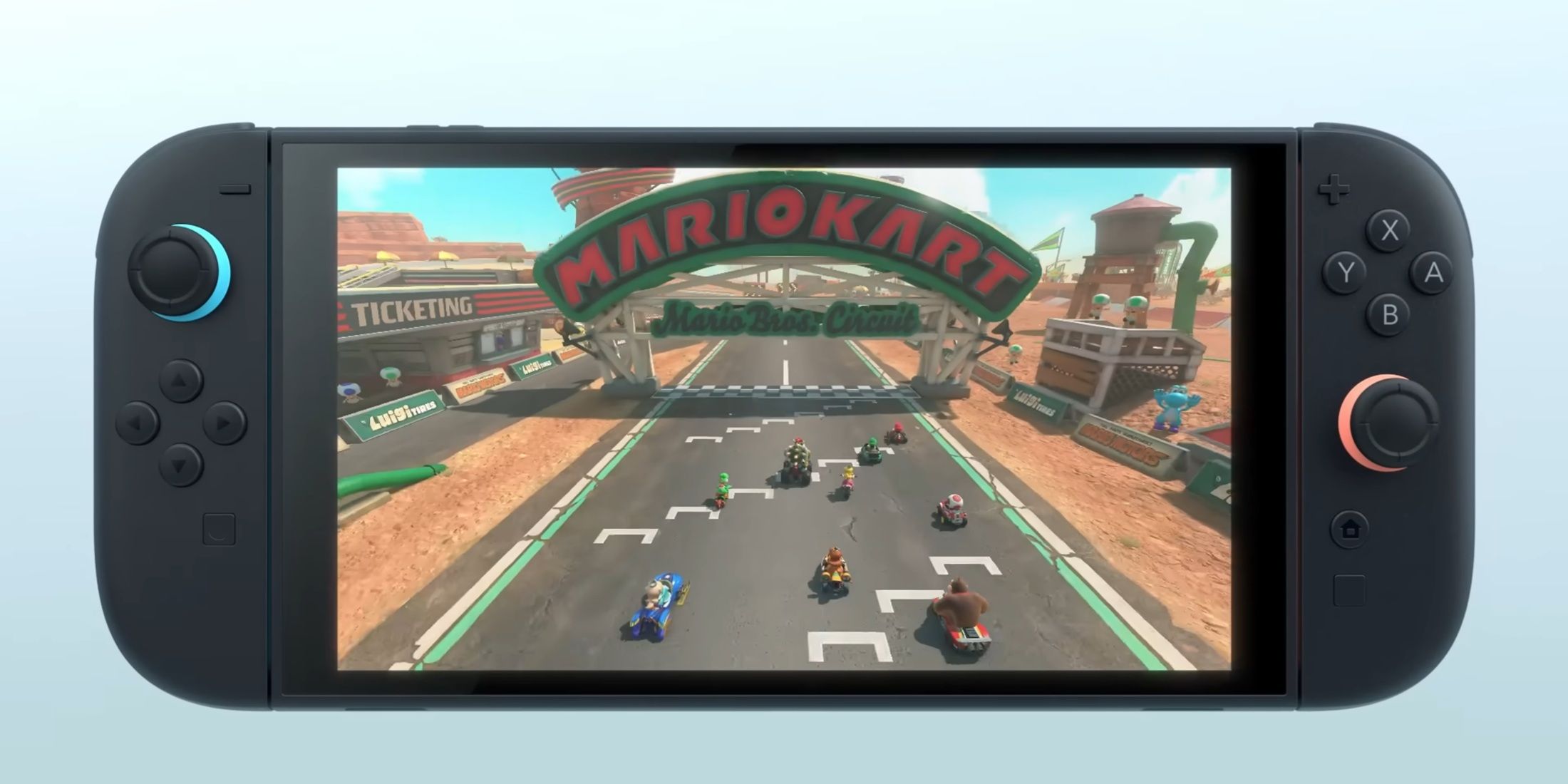
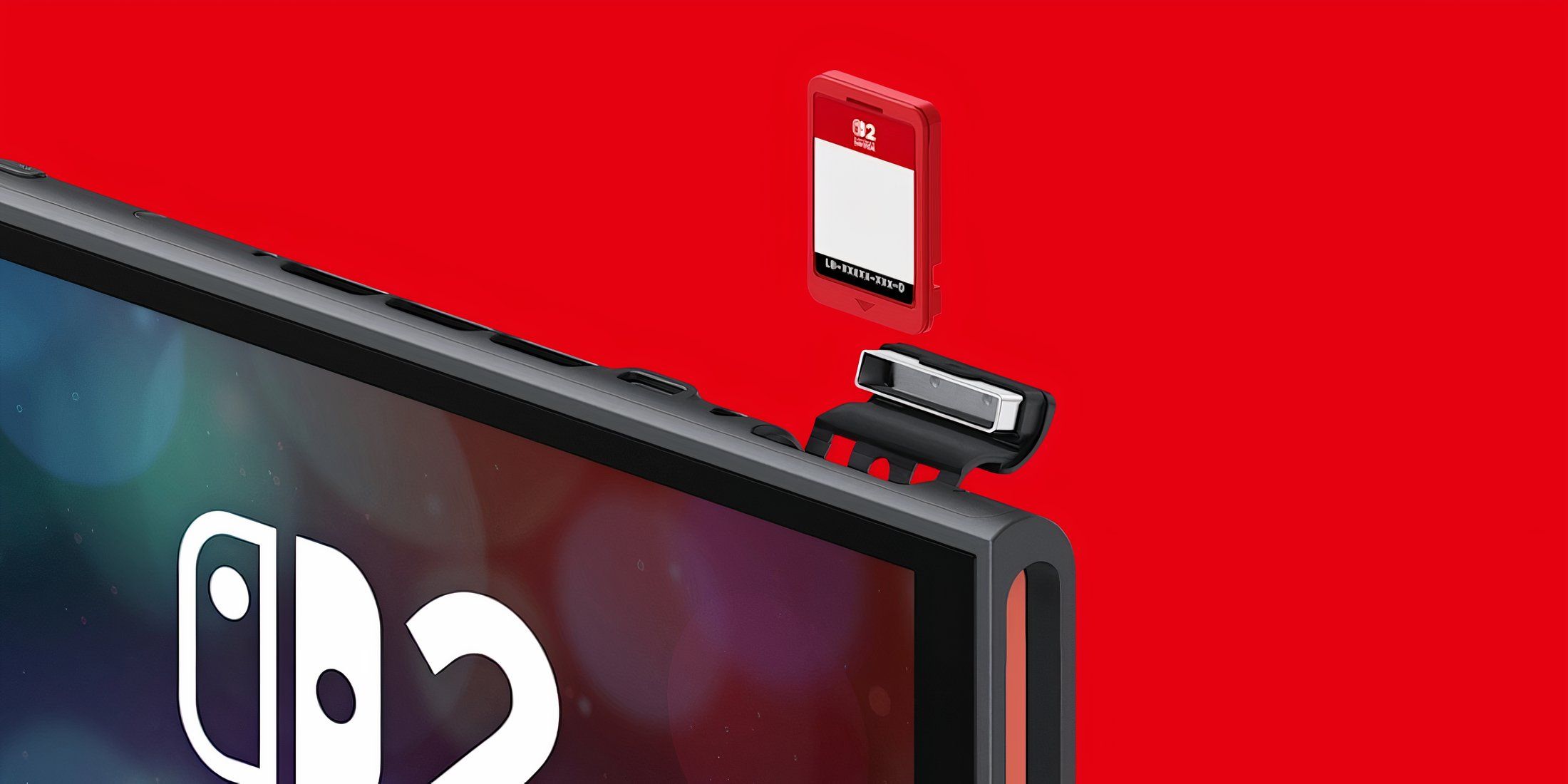

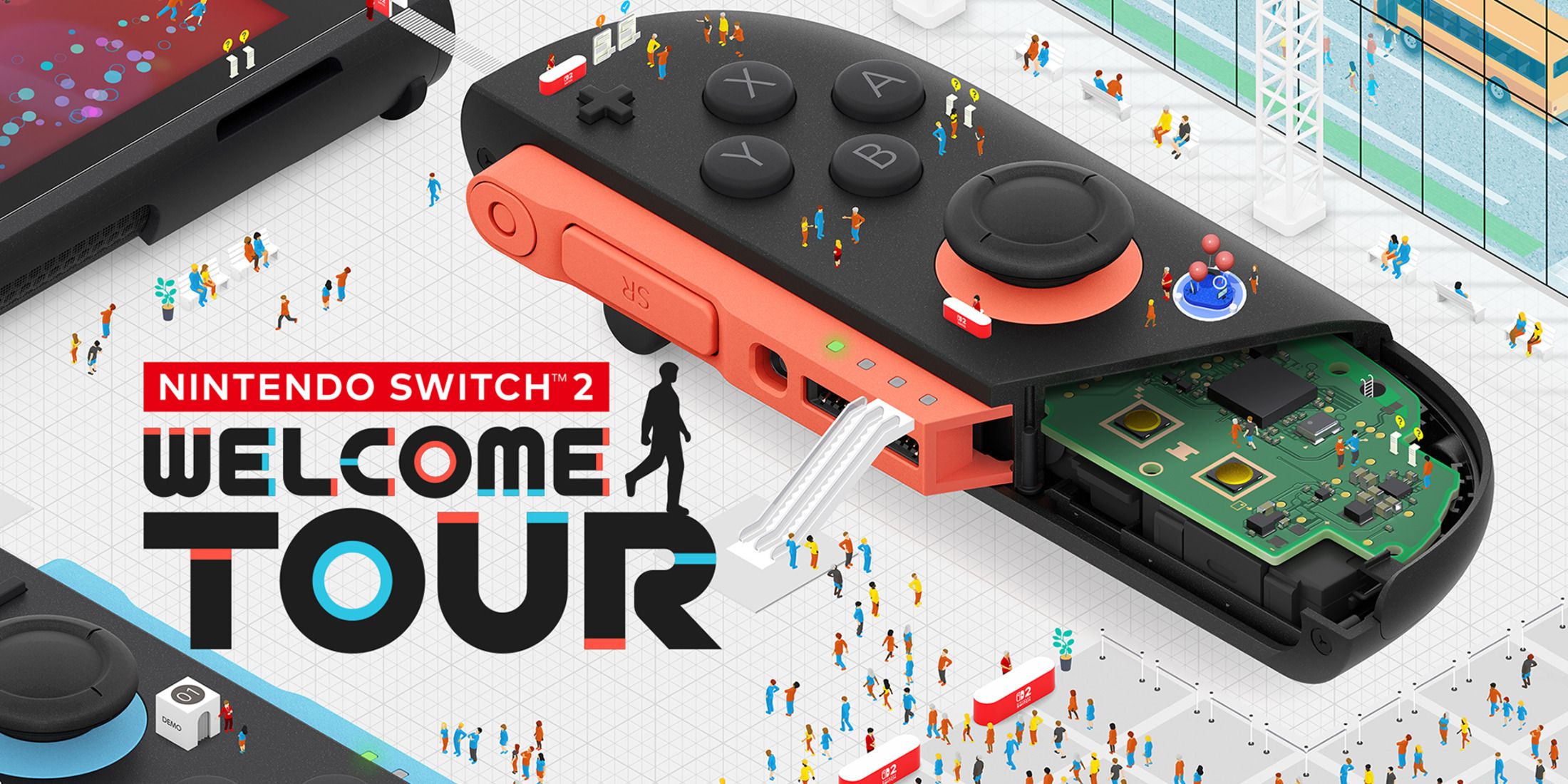
The Switch 2’s Online Requirements and Pricing
At its initial release, one of the Xbox One’s contentious features was its strict online-only policy, which critics viewed as detrimental to consumers. Essentially, the console could only function when connected to the internet; if there was no consistent internet connection, no games could be played, irrespective of a game’s online functionality. This stringent policy stemmed from Microsoft’s approach to verifying game ownership: every game, whether digital or physical, needed to be confirmed each time it was started up, ensuring the user actually owned the game. Consequently, the Xbox One became virtually inoperable without a reliable internet connection.
Ultimately, Xbox rescinded this policy, yet it’s widely thought that the damage the online-only mandate inflicted on the Xbox One’s image was permanent.
People are starting to draw comparisons between the Nintendo Switch 2’s “game key cartridges” and a similar mistake made by Xbox. It turns out that certain physical games for the Switch 2 won’t have the game data on the cartridge itself, but instead will come with a “key” that players can use to download the game. The first time this game is played, the Switch 2 needs to be connected to the internet. However, the need for an internet connection will only be necessary at the beginning and won’t continue afterward.
As a gamer, I find Nintendo’s focus on digital-only products perplexing, given that they’re often pricier than their physical counterparts. The cartridge-based system is inconvenient too, as I need to keep the actual game cartridge in the console to play it, which feels like a clunky substitute for simply downloading a game from the eShop. It’s not as annoying as the Xbox One’s always-online requirement, but it’s still raised some eyebrows and drawn comparisons.
Nintendo’s Switch 2 PR Foibles
During the launch of the Xbox One, Microsoft’s public statements didn’t enhance the console’s image. A comment that caused controversy during this period came from then-CEO Don Mattrick, who responded to the mandatory online requirement by saying, “[luckily], we have a product for people who can’t get any form of connectivity. It’s called ‘Xbox 360’.” This statement was perceived as somewhat condescending and contradictory to Microsoft’s broader message that the Xbox One represented such a significant leap forward that the Xbox 360 would become obsolete.
In simpler terms, Nintendo’s CEO, Doug Bowser, has recently made a statement about the high cost of the Switch 2, suggesting that the original Switch remains accessible for gamers to join the Nintendo gaming world. This statement is reminiscent of Don Mattrick’s comment in its indirect approach to addressing consumers’ main criticisms. Ultimately, only time will reveal the effects of these decisions on the success of the Switch 2 in the long term.
Read More
- Poppy Playtime Chapter 5: Engineering Workshop Locker Keypad Code Guide
- Jujutsu Kaisen Modulo Chapter 23 Preview: Yuji And Maru End Cursed Spirits
- God Of War: Sons Of Sparta – Interactive Map
- Poppy Playtime 5: Battery Locations & Locker Code for Huggy Escape Room
- Who Is the Information Broker in The Sims 4?
- 8 One Piece Characters Who Deserved Better Endings
- Pressure Hand Locker Code in Poppy Playtime: Chapter 5
- Poppy Playtime Chapter 5: Emoji Keypad Code in Conditioning
- Why Aave is Making Waves with $1B in Tokenized Assets – You Won’t Believe This!
- Engineering Power Puzzle Solution in Poppy Playtime: Chapter 5
2025-04-11 17:07